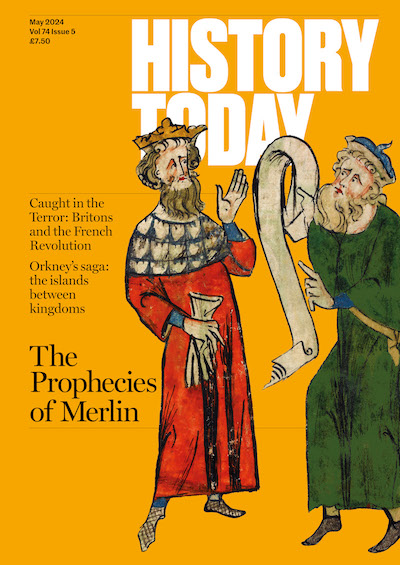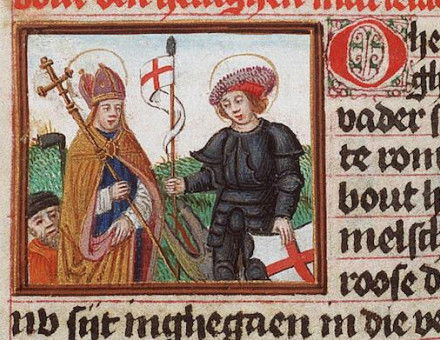Bury, Spengler and the New Spenglerians
“There is no analogy,” wrote Bury, “between the development of a society and the life of an individual man.” Martin Braun describes how Spengler, Toynbee, Sorokin and others have sought to controvert him by arguing the case for the “Senescence of the West.”
There are books which, like fateful stars, appear in conjunction on the intellectual horizon of an age—portents of things that are yet to come and of things soon to be eclipsed. To grasp the import of books of this order is to discern the signs of the times.
The “constellation” of books I have in mind belongs to the solid, yet now extinct, middle-class society of Europe on the eve of the first World War. In 1912 the great Byzantinist, J.B. Bury, was working away on his History of Freedom of Thought, which was published in the following year.
It was a slimmer volume than some of the other books written by the famous Cambridge scholar, “the most erudite of British historians,” as Dr. Gooch has called him. Yet it soon became a classic, not only by virtue of its crystal-clear, flawless style but also because it bore the unmistakable marks of a labour of love. Here was the profession of faith by a high-minded and sincere man—of faith in freedom and tolerance, in reason and progress.





